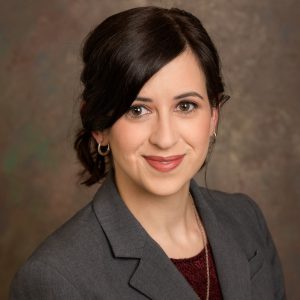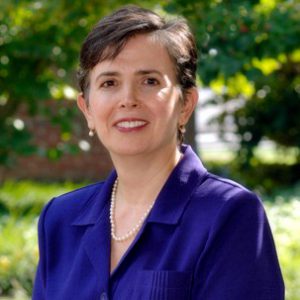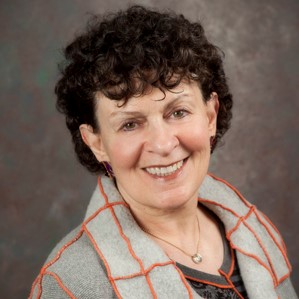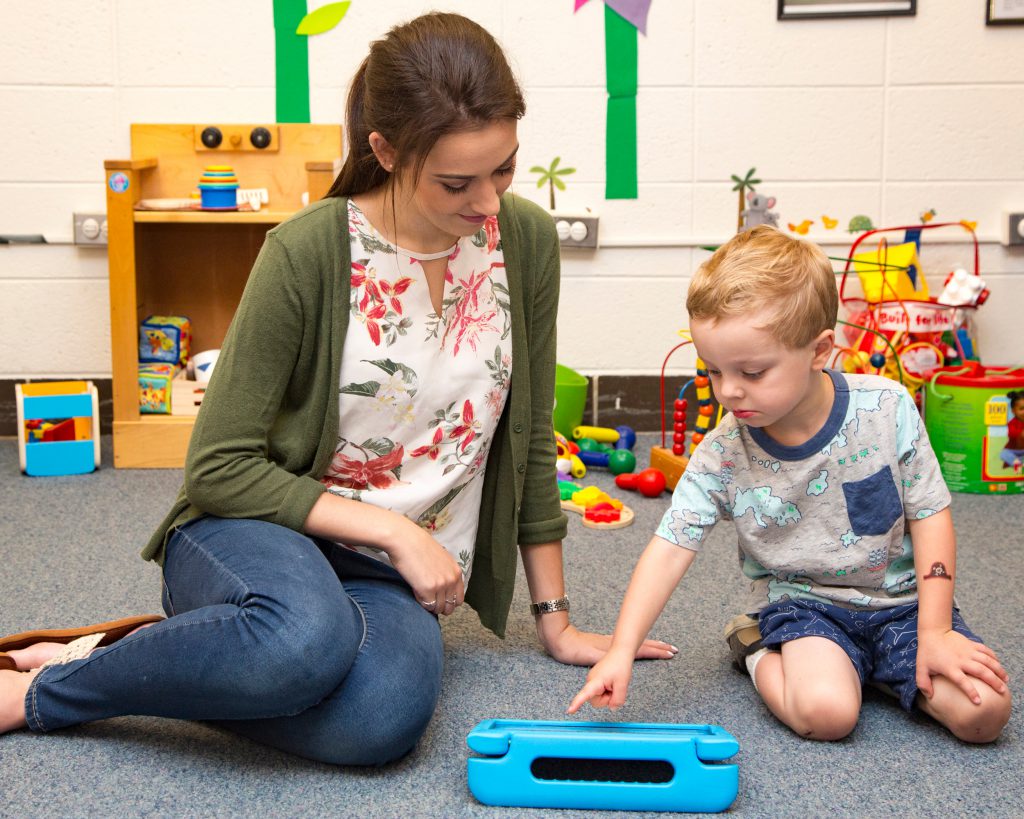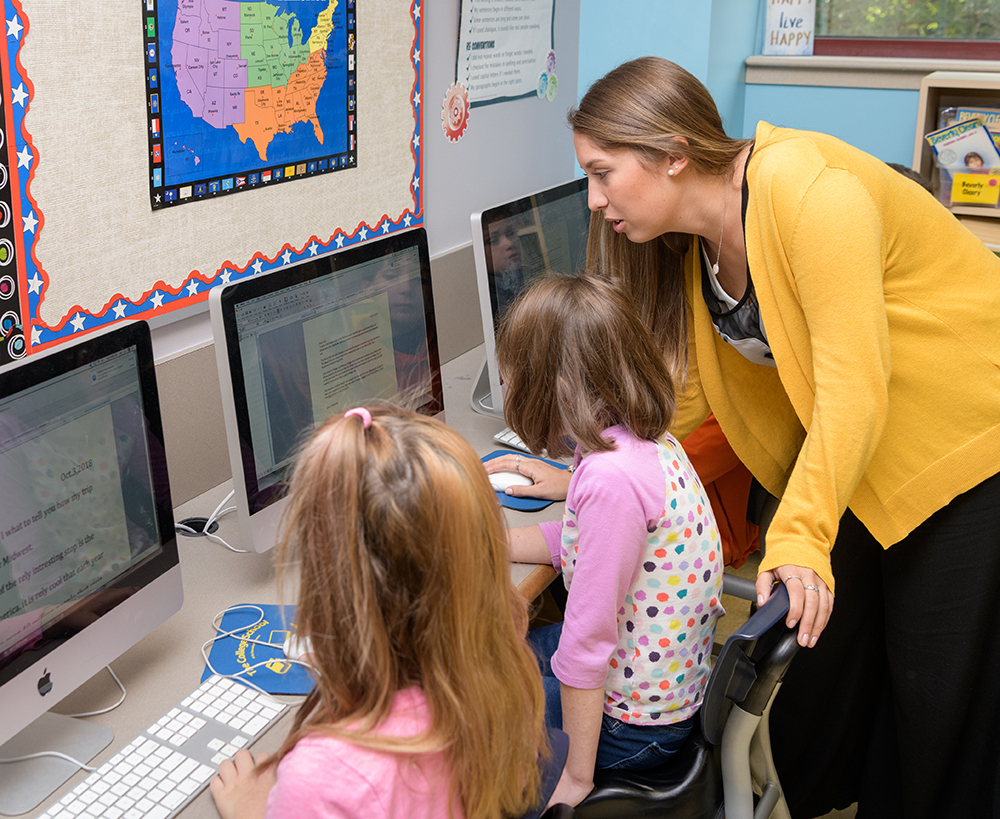Research
Learning Sciences
Research in educational neuroscience suggests that our brains continually learn new information, regardless of whether we are engaged in classroom instruction, visiting a museum, socializing with friends, or comparing prices at the grocery store. How can educators better understand the complex science of how we learn and use this information to design learning environments for our communities?
The Learning Sciences is an interdisciplinary research area that focuses on the systematic study of learning and teaching, human development, and educational technology as well as the application of research to design educational innovations and interventions. Our faculty bring expertise in developmental psychology, educational psychology, cognitive science, educational technology, science education, and special education to examine pressing educational issues.
For example, why is play so important in early childhood? How might children’s early understanding of numbers affect their understanding of fractions in the middle school classroom? How could we use emerging technologies to enrich elementary learning environments?
Our Learning Sciences faculty engage in innovative research designed to help answers these questions and others. Supported by grants and educational partnerships, they conduct research on language, cognitive, and numerical development, STEM learning, learning differences, and the use of technology and media in education. With this research in mind, they help educators design optimal learning environments, assess educational interventions, and bring learning to informal spaces, such as the outdoor playgrounds, museums, grocery stores, and the home.
Researchers
Could we improve student outcomes in mathematics by applying cognitive learning principles in our instruction? For example, could we help students learn geometry by moving away from traditional practice problems? Christina Barbieri’s research focuses on the evaluation and application of cognitive learning principles to improve mathematical competencies, especially for students at risk for low mathematics achievement. She serves as co-PI on several Institute of Education Sciences (IES)-funded projects, including one that will develop and test GeometryByExample, a pedagogical approach designed to build students’ knowledge in geometry by asking them to explain correct or incorrect geometric solutions. Barbieri also serves as co-PI on an IES-funded project focused on the relationship between improvements in fraction understanding and algebra readiness.
How can we emphasize the communal nature of scientific inquiry and discovery within a political climate that often pits science against personal beliefs? Zoubeida Dagher’s current research seeks to support teacher and student understanding of the nature of scientific knowledge and its communal practices. With a goal of participation and engagement in STEM, her research demonstrates how scientific knowledge interfaces with societal issues and helps students navigate tensions between scientific understanding and their personal beliefs. Recent publications also seek to reconceptualize the nature of science in science education.
Could collaborative conversations about controversial topics help strengthen students’ argumentative writing skills? If so, how can teachers support the transition from conversation to writing? Ralph Ferretti studies writing instruction and interventions that promote students’ self-regulatory skills, especially in argumentative writing. His current project, supported by the Institute of Education Sciences, explores whether middle schoolers’ critical writing skills improve when they have conversations with their peers about controversial issues.
With minimal training in environmental sciences and deeply-held beliefs about teaching and science, many elementary school teachers struggle to align their teaching with a new set of rigorous science standards that require strong science and pedagogical content knowledge. How can we prepare future teachers to meet these standards? Danielle Ford’s research focuses on elementary science education, including the development of preservice teachers’ knowledge and beliefs about science teaching and the design and use of written text materials in science learning contexts in and out of school. Her recent research found that many preservice teachers are enthusiastic about topics connected to nature and the environment, but judge the appropriateness of topics based on their own interests, misunderstand the interests of children, and lack specific knowledge of the new science standards.
How do babies learn to talk? Why is play so important in early childhood? How can we help parents engage their children in activities that inspire curiosity and active learning? Can young children profit from electronic media? These questions are central to Roberta Michnick Golinkoff’s research program, which focuses on language development, the effects of media on young children, the benefits of play, and preschoolers’ early spatial knowledge. Her most recent book, Becoming Brilliant: What Science Tells Us About Raising Successful Children, argues that the development of six skills allows children to thrive in a global workplace, experience personal fulfillment, and become concerned citizens. With scientific evidence and examples from school practices, Golinkoff and coauthor Kathy Hirsh-Pasek show how parents and educators can nurture collaboration, communication, critical thinking, innovation and confidence in children.
How can we optimize the use of educational technology tools based on the way that students learn? Fred Hofstetter contributes research in educational technology, instructional design, multimedia, distance learning, and advanced Web design. He develops eLearning software and designs and publishes curricular materials used in UD’s graduate programs and undergraduate minor in educational technology. Recently, he has developed the iPad iSeeNcode app for educational researchers as part of an IES-funded literacy grant, and he has published the iPad Primer.
How can we help elementary and middle school students who are struggling with understanding numerical values and relationships? In partnership with colleagues at UD and other universities, Jordan’s research in early number sense has demonstrated that children’s number competency in kindergarten predicts their mathematical achievement through at least the third grade. With these findings in mind, Jordan and colleague Nancy Dyson developed Number Sense Interventions, an evidence-based kindergarten curriculum that allows teachers to help students who are struggling with number knowledge. Jordan’s current IES-supported project seeks to develop a similar fraction sense intervention for elementary and middle school students.
Many mathematics and statistics students are tempted to solve their practice problems quickly and begin executing solutions before deeply understanding the question at hand. How can we help students understand a problem by identifying data types or the purpose of the analysis, for example, before jumping to a solution process? Nancy Lavigne’s research focuses on students’ problem solving and reasoning on tasks that require application of statistical knowledge and using these finding on students’ thinking to design environments that foster and enhance learning in STEM related activities. Her most recent publication examined college students’ statistical problem understanding based on their problem categorizations and explanations.
How do we evaluate the impact of new educational programs, policies, and inventions? How do we conduct field experiments to produce unbiased estimates of these impacts? How can educators engage with research to inform their decisions about policy and practice? Henry May, a quantitative methodologist who works across content areas, designs and conducts rigorous studies to evaluate educational initiatives. He serves as the PI or co-PI on grant-funded projects evaluating the impacts of interventions such as a writing curriculum for community college students, a web-based early reading intervention, a fraction sense intervention for middle school students, and programs related to college readiness in Delaware. He also serves as co-PI of a grant-funded study of how educators engage with researchers and research evidence. May is also Director of the Center for Research in Education and Social Policy (CRESP), which houses the Center for Research Use in Education (CRUE).
How do teachers’ emotions and emotion-related experiences, including well-being, impact their effectiveness? Leigh McLean investigates how teachers’ emotions impact their instructional practices and the role that early-career teachers’ emotions play as they transition into the career. She is a principal investigator on two federally funded projects: one from the Institute of Education Sciences exploring how elementary teachers’ feelings and beliefs impact their effectiveness in the content areas they teach, and one from the National Science Foundation exploring how the mentored teaching experience impacts elementary mathematics teachers’ effectiveness during the early career stage.
What factors contribute to individual differences in learning mathematics, and how do we support students with mathematics learning difficulties? Namkung’s research focuses on understanding cognitive (e.g., executive functions), socio-emotional, and mathematical processes that underlie mathematics learning difficulties, and developing evidence-based practices to improve mathematics outcomes for struggling students. Namkung’s current IES-supported project aims to identify underlying mechanisms of pre-algebra learning among students with and without mathematics learning difficulties.
How can we use digital environments and tools to motivate students in their learning? Teomara (Teya) Rutherford researches student motivation and learning within digital spaces. Through her NSF-funded CAREER grant, Rutherford is studying how motivation affects students’ in-the-moment choices as they learn mathematics and how the Spatial Temporal Math digital education platform can improve motivation. Over the course of five years, Rutherford will collect data from more than 30,000 third through fifth-grade students each year.
Research has demonstrated that students from underrepresented groups often foster deeper connections with teachers who share a cultural, racial, or ethnic background with them. But, how can we encourage more students from underrepresented backgrounds to pursue teaching as a career? Carol Wong’s research and service interests center on equity and the learning sciences. Her recent projects with University of Delaware colleagues aim to improve academic and social support for prospective teacher education students who are underrepresented, low-income, or first-generation college students. She has also worked to create a “pipeline” that encourages Delaware youth from historically underrepresented populations to enroll in teacher education programs at the University of Delaware.
Funded Research & Engagement
Doctoral Students

Bataul is interested in teacher preparation programs and improving curricula for training teachers in computer science and technology literacy. Her thesis assessed the educational technology self-efficacy beliefs of preservice teachers.
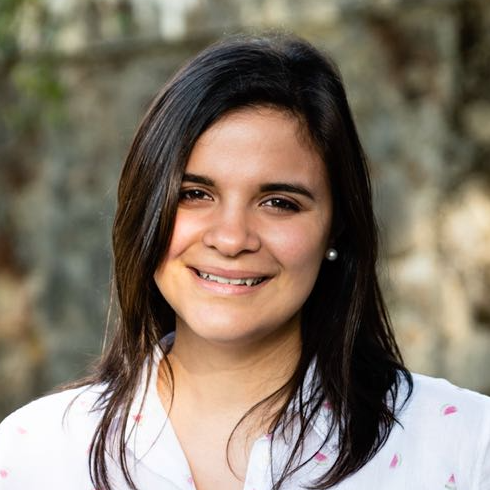
Tania has studied the cultural and socioeconomic background differences on Dutch and Costa Rican parents’ beliefs about play and on their guidance strategies of exploratory play with their children.

Amanda’s research interests include language acquisition and how play promotes learning. She is currently a research assistant at Roberta Golinkoff’s Child’s Play, Learning and Development Lab.

Raymond Patt
Raymond’s research interests include how children learn language and coding skills in digital environments and how social teaching agent design can impact educational outcomes.
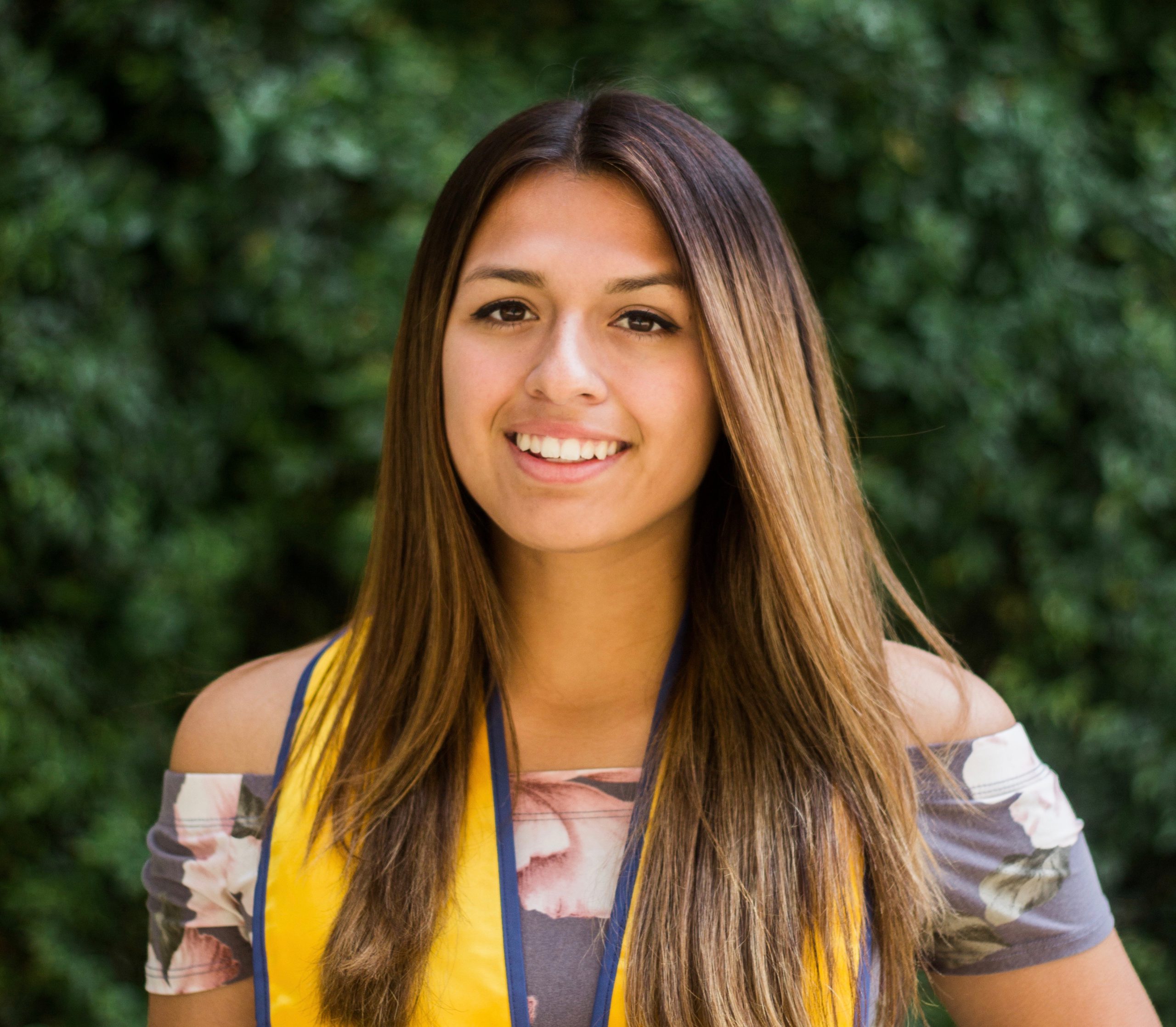
Alexus works as a research assistant in Roberta Golinkoff’s Child’s Play, Learning and Development Lab on projects focusing on infant-directed speech and language development.
Media
In the News
During the holiday season, parents and caregivers are bombarded with flashy advertisements for the “best” or most “educational” toys for …
Over the last several years, many researchers in early childhood education have focused on the amount of screen time that …
Professor Nancy C. Jordan elected to National Academy of Education Early mathematical understanding often begins as young children engage in …
When you are a child, you are not really a child — at least not all the time. You are …
Research Centers & Labs
Since 1974, the Child’s Play, Learning and Development Lab has been exploring how children learn and grow, from how children develop language and spatial skills to how play can help scaffold learning.
The Rutherford Lab studies the interplay of motivation and cognition in educational contexts: in school and outside of school, in traditional classrooms, and in digital environments.




